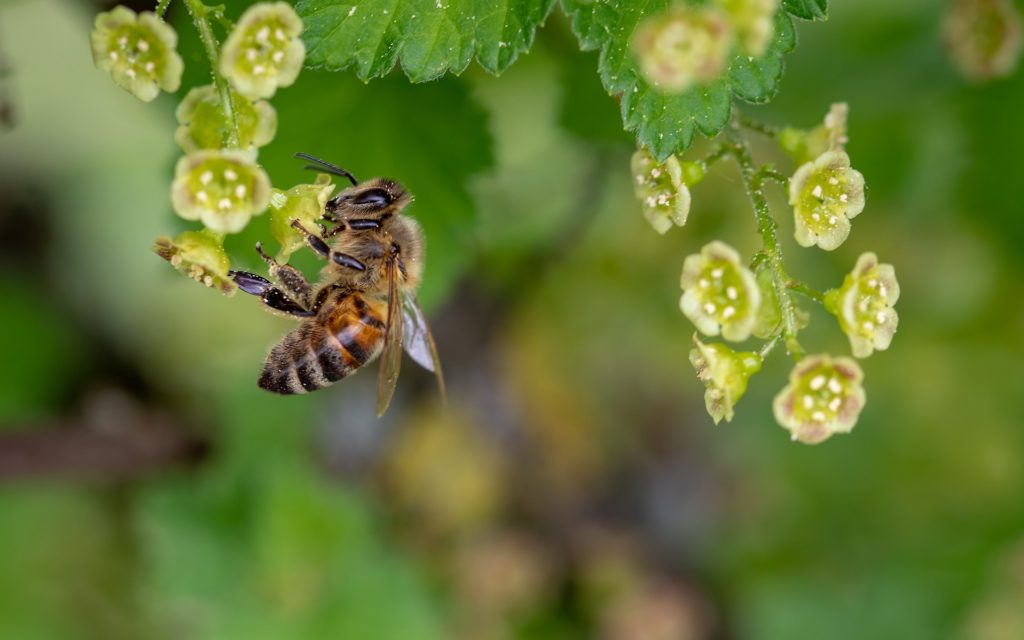All across the US, beekeepers lost 4 out of 10 honeybee colonies over the past year. The survey showed an increasing number in a winter die-off of honeybees.
The results are really devastating and unsatisfactory. From April 2018 to April 2019, US beekeepers lost approximately 40% of their honeybee colonies. The most recent survey carried annually and across the nation, was conducted by the University of Maryland-led nonprofit Bee Informed Partnership.
Losses in winter were 37.7%, the highest loss in winter since the survey began 13 years ago. These results are terrifying because each year, bees pollinate food crops in the United States for $15 billion. As a result, their health is crucial for food production and supply. Bees‘ work allows the farming of foods such as melons, cherries, apples, blueberries, almonds, etc.
“These results are very concerning, as high winter losses hit an industry already suffering from a decade of high winter losses,” says Dennis vanEngelsdorp, associate professor of entomology at the University of Maryland and president for the Bee Informed Partnership.
The alarming situation began in 2006 when the phenomenon of colony collapse disorder became popular. It is a problem which manifests in the majority of worker honeybees abandoning their colony. This problem, although receded, is still present. But, beekeepers are now facing another terrible problem. It is the problem of bees dying off because of disease, pesticide use, and habitat losses.
The University of Maryland is working to save dying bees but it needs your help. There are several things that kill bees, such as pesticides and the use of land that does not have a source of high nutrient pollen, which leads to poor bee nutrition.
“The number one message we have for beekeepers is they need to monitor and control mites,” said vanEngelsdorp.
Varroa mites and deadly parasites are the number one killer. Mites easily spread from colony to colony. Mites feed on bees and transmit viruses that kill bees.
“That’s a real big concern and I think it speaks to the fact that a lot of the treatments we thought were working aren’t working as well. Beekeepers need to be much more vigilant and monitor mites. We are seeing cases where someone successfully treated all of their colonies and had no mites, and one month later had mites through the roof. people who aren’t treating, Their mites are moving over” vanEngelsdorp said.
“One of the best things that a beekeeper can do is implement Best Management Practices for their region, and they can find those through the Bee Informed website,” explains vanEngelsdorp.
Source: The Guardian

